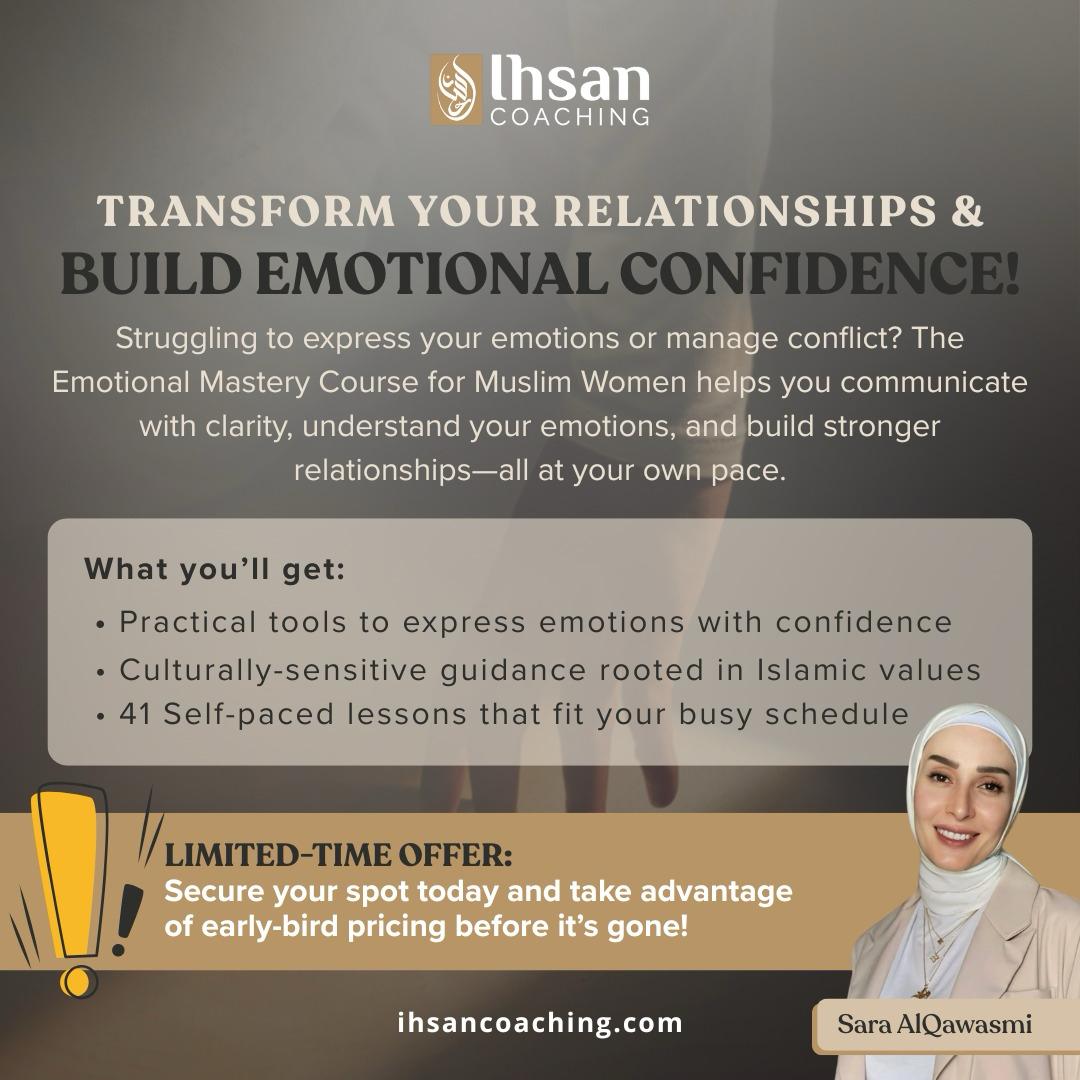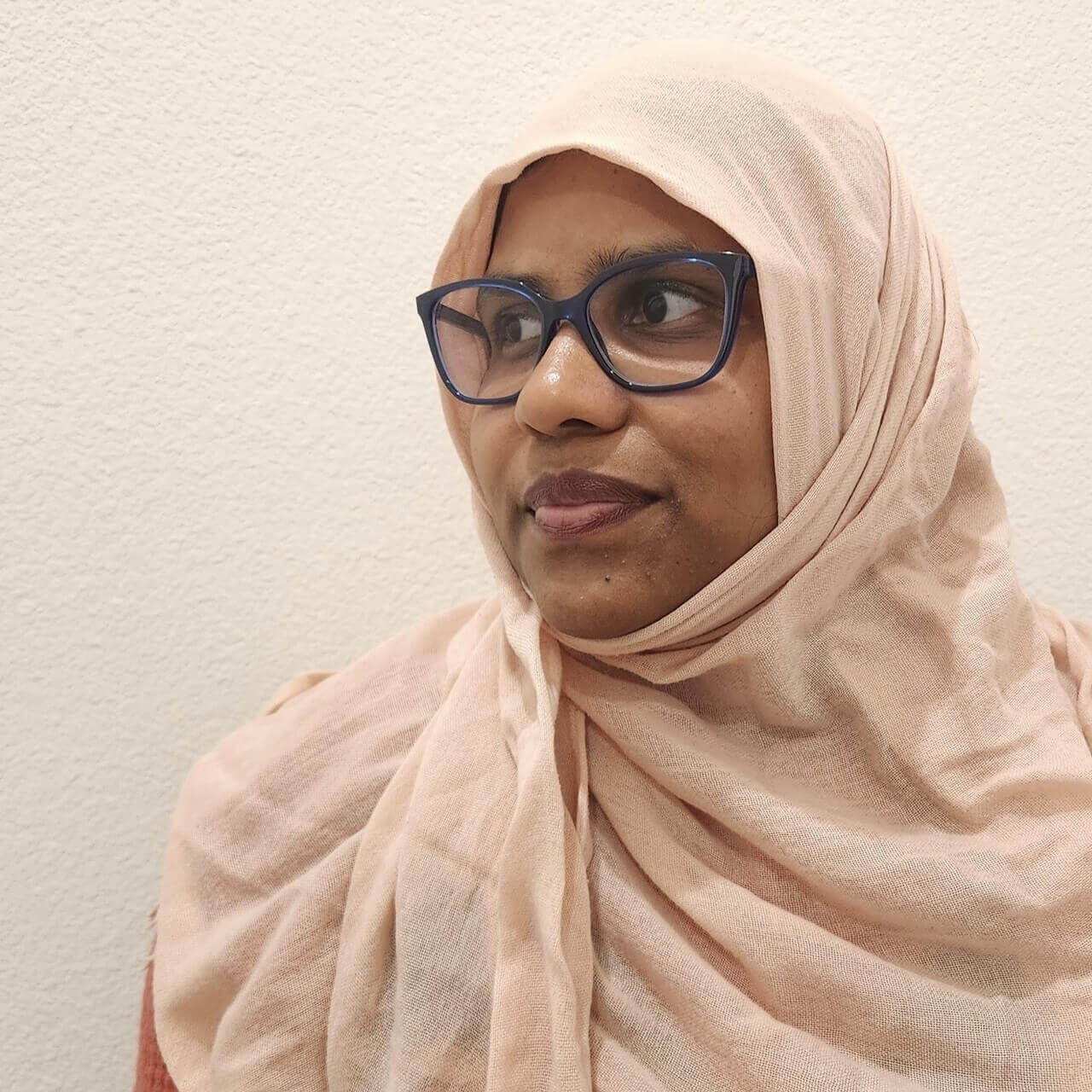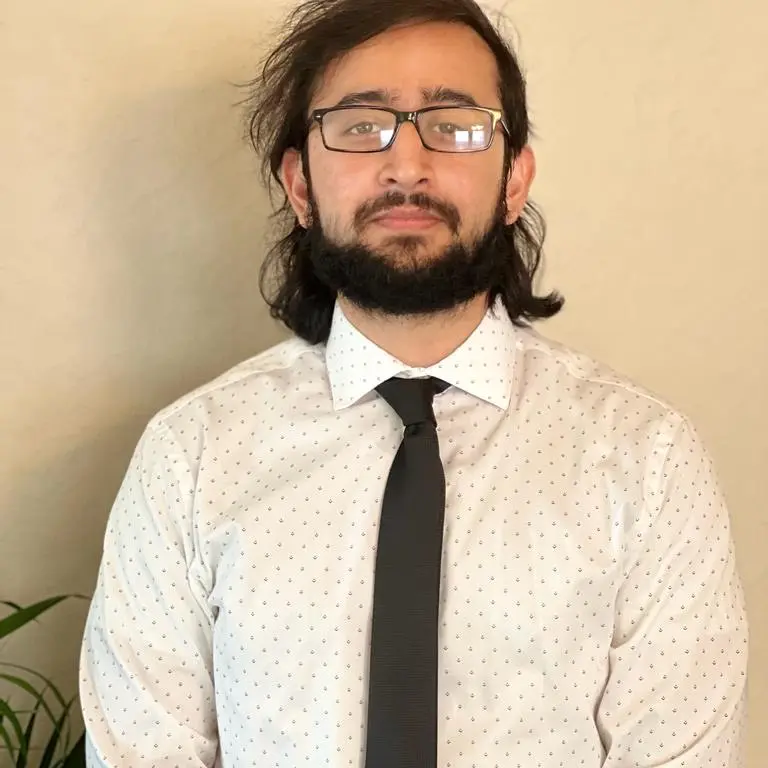Although marriage is a wonderful and fulfilling experience, it can also be difficult and challenging. Every relationship experiences ups and downs, and occasionally couples need assistance in getting through challenging times.
There are several methods for getting assistance, and two well-liked choices are marital coaching and marriage counseling. While there is a lot of overlap and similarities between the two, there are also many differences. Now the question arises whether getting marital coaching or marriage counseling is better.
Even though marital coaching and marriage counseling have many similarities, they at times can offer two different kinds of approaches. Historically counselors or therapists were the only options for seeking help.
However, nowadays, marital coaches provide quick, effective alternatives that couples should think about. In order to keep things simple, this blog will concentrate on the main distinctions between coaches and counselors.

Professional Qualifications:
When it comes to professional qualifications, there can be a difference between a marital coach and a marital therapist. Licensed counselors with a degree in mental health counseling usually offer marriage counseling.
They are skilled at assisting couples with complex problems because they thoroughly grasp the psychological and emotional elements that might affect a relationship. On the other hand, marital coaches may not always have the same training and a formal background in mental health, but have specialized in relationship coaching and have worked with couples to provide marital coaching.
While the qualifications can sometimes differ, many licensed counselors and therapists offer both marital and marriage counseling. Many marriage counselors see the benefit of marital coaching because of its practical and quick outcomes.
Differences in Approaches:
Counselors will devote several years to their education in order to comprehend the therapeutic perspective of behavioral and mental illnesses. Because of this, marriage counseling may include a unique treatment strategy based on the couple’s requirements. To assist the couple in resolving their issues, the therapist may employ a range of strategies and interventions, such as cognitive-behavioral therapy or emotion-focused therapy.
On the other hand, the coach’s approach is different in that they aren’t attempting to diagnose anything because many marriage problems aren’t brought on by a serious mental or emotional illness. The method taken by the coach and the couple during marital coaching is often more directive and solution-focused.
The coach may offer direction, support, and feedback to assist the couple in forming wholesome relationship habits and practices.
Focus:
Marriage counseling focuses on clients’ issues, examining what’s wrong and how they feel about it. Counselors frequently give their clients instructions to reflect on earlier occasions, identify the origins of their anguish and find peace with problems that have troubled them.
Finding patterns of behavior, communication, and emotional responses that may be causing the relationship’s present issues is often the aim or marriage counseling. Contrarily, marital coaching tends to be more concerned with the present and future.
Coaches are equal partners who provide tools to help the person develop and progress in order to accomplish their objectives. Coaches help the individual become an expert in themselves and take the actions required to achieve goals.
Goal Oriented:
Marital coaching is usually more goal-oriented and results-oriented. The marital coach assists the couple in identifying specific areas, like communication or conflict resolution, where they want to grow and then works with them to create detailed action plans.
The coach may offer feedback, accountability, and support for the couple to stay on track and advance toward their goals. While marriage counseling can also be goal-oriented, the primary focus is often on goal-setting because the main emphasis is frequently on examining and resolving earlier conflicts that may still impact the marriage.
Although the goals might not be as definite or quantifiable as they could be, the counselor may employ various techniques to assist the couple in processing their relationship and emotions towards one another.
Duration:
Marriage counseling is often much longer and can last for months. The length of counseling depends on the specific challenges the couple is facing and how far they have progressed in addressing them. However, a rule of thumb is that for each year a couple is married, they should be in marriage counseling for that many months.
Marriage counseling can be a drawn-out process that often can tire out the couple and leave them uncommitted. On the other hand, marital coaching is faster paced and can help the couple achieve their goals much quicker.
Marital coaching also aims to provide personalized and tailored support to the couple, offering more flexibility and opportunities for breakthroughs. Coaching usually involves continuous sessions with additional touchpoints in between. Marital coaching aims to help the couple maintain positive relationship behaviors and practices.
Conclusion:
Marriage counseling often focuses on exploring and resolving past conflicts, understanding emotions, and finding peace with past issues. It can be beneficial for couples who need to delve into deep-rooted problems and patterns of behavior. On the other hand, marital coaching emphasizes the present and future, working towards specific goals and providing tools to facilitate personal and relationship growth.
It is well-suited for couples who want to develop healthy habits and practices, improve communication and achieve specific objectives. Ultimately, the decision between marital coaching and marriage counseling depends on the couple’s needs and preferences. Both marriage counseling and marital coaching can be valuable resources for couples seeking to strengthen their bond.
In the end, the choice between marital coaching and marriage counseling can sometimes depend on the specific issues the couple is facing. Therefore, engaging with a professional who can provide the right kind of support and guidance for their particular circumstances is important.
Couples should see the professional’s qualifications and learn more about their approach. Remember, seeking help shows strength and commitment to your relationship. Whether you choose marital coaching or marriage counseling, both options can provide valuable support and guidance on your journey toward a strong and fulfilling partnership. The end goal should be strengthening the relationship and living a fulfilling marriage.




